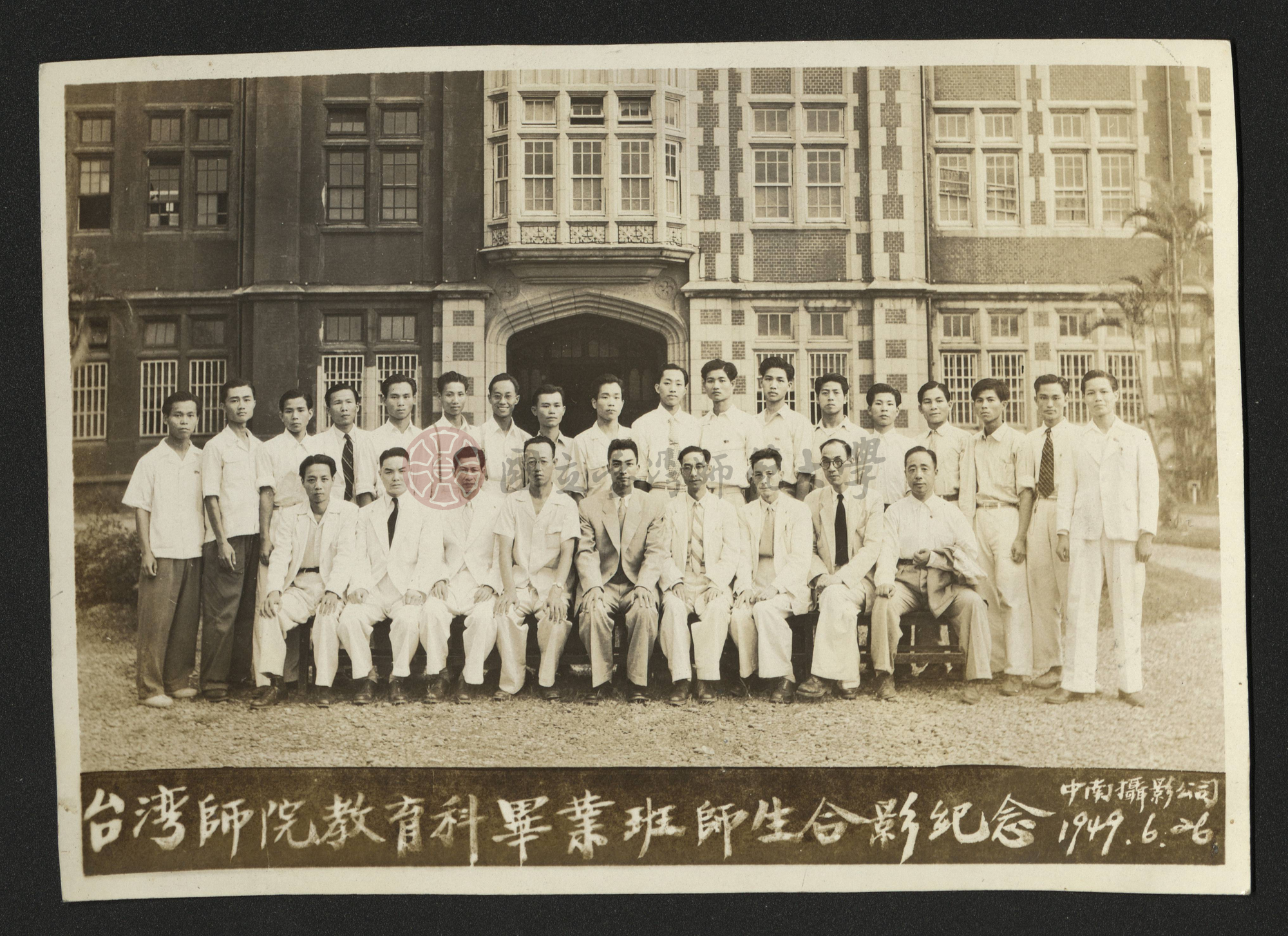

According to the Academic Regulations of Taiwan Provincial Teachers College, undergraduate students were required to write a graduation thesis under the guidance of their department chair and advisor starting in their fourth year and take a graduation examination after completing the required credits. Students whose graduation thesis and examination results both passed review were assigned to a junior high school for a one-year internship. Only upon completion of the internship and achieving passing grades would they be allowed to graduate, awarded a bachelor’s degree, and granted teaching qualifications.
Students of the Taiwan Provincial Teachers College were exempt from tuition and miscellaneous fees during their four years at school, and enjoyed publicly funded food and accommodations. During the internship period, students were already occupying official teaching positions, receiving full salaries, and having the time counted toward their years of service, which meant they were effectively directly assigned to employment. As a result of these factors, coupled with the school’s prestigious academic reputation over the decades, enrolling at the school had long been the aspiration of talented students from underprivileged backgrounds, as well as students who aspired to become teachers. Over the years, the school produced many outstanding graduates. By the late 1980s, criticism of the publicly funded teacher training system gradually emerged, with increasing calls for the liberalization of the teacher labor market and the promotion of free competition. The implementation of the Teacher Education Act enabled regular universities to apply to establish departments of education and education programs to train primary and secondary school teachers. Normal universities and colleges subsequently shifted to enrolling primarily self-funded students, who were then required to compete for teaching positions alongside graduates from other universities.

